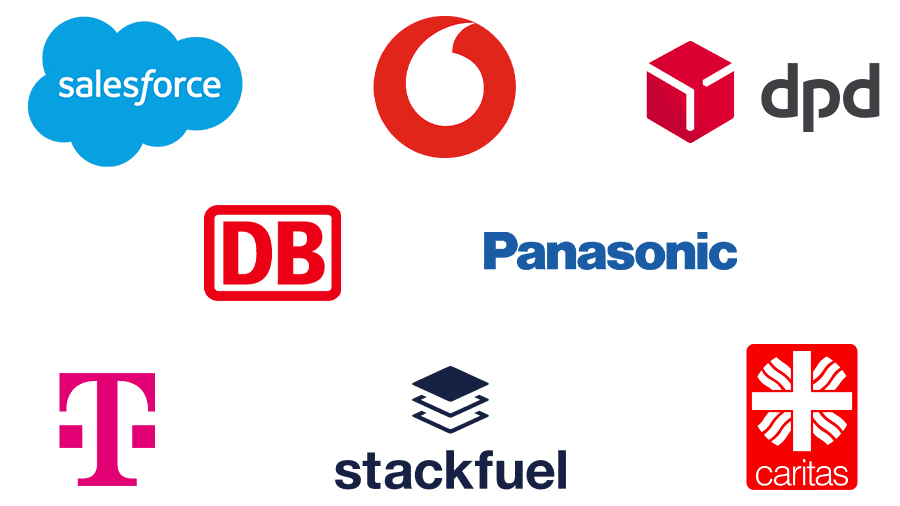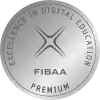
Spectrum Symphony: Parallel Risk Computing
Spectrum Symphony: Parallel Risk Computing is a cutting-edge short course designed for professionals seeking to enhance their understanding of risk management through advanced computational techniques. This course delves into the principles of parallel computing and its applications in risk analysis, providing participants with the skills to leverage high-performance computing environments to assess and mitigate risks in complex systems. Through hands-on exercises and real-world case studies, attendees will explore various parallel algorithms and tools that facilitate rapid risk assessment, allowing them to make informed decisions in dynamic and uncertain environments.
Overview

"Parallel Risk Computing: Techniques for Modern Risk Management"
Study Contents
Course Learning Objectives (CLOs)
- Demonstrate a solid understanding of parallel computing concepts and their relevance to risk analysis.
- Utilize various parallel algorithms and frameworks to analyze risk in complex scenarios effectively.
- Assess and critique different risk models using high-performance computing techniques.
- Design and implement risk assessment solutions that leverage parallel computing to improve efficiency and accuracy.
Student Learning Outcomes (SLOs)
- Students will be able to apply the principles of parallel computing to real-world risk management problems.
- Students will demonstrate proficiency in using parallel algorithms for data analysis and risk assessment.
- Students will critically evaluate the effectiveness of various risk models and their computational requirements.
- Students will successfully design and execute a project that utilizes parallel risk computing methodologies.

Benefits
With AI, the world is your oyster! It is an emerging field, rapidly growing, ever evolving and watched with a keen eye by industries and markets globally. There are many benefits to an education in AI:
In demand Career
With a Bachelor in artificial intelligence you are equipped with in-demand skills in the rapidly growing field of AI. Knowledge of developing AI systems, data analysis and AI techniques makes you valuable across industries, right from healthcare, finance, tech and more. This degree prepares you for career that has multiple options for diversification. AI professionals include AI engineers, data scientists, machine learning specialists, AI consultants, researchers and more. AI is transformative technology that is revolutionising the world. With an education background in AI, you are set up in an in-demand career field with an exciting future ahead!
Innovation and advancement
Applied AI is all about finding solutions and using AI systems to make life simpler. Applied AI draws on its solid foundation in Computer Science to analyse and provide solutions for real world challenges. You are prepared to address complex problems and contribute meaningfully in domains like healthcare diagnostics, fraud detection, autonomous vehicles, personalised recommendations and more. Being able to apply AI techniques for solving tasks makes for an extremely rewarding and impactful job role!
Solving real world problems
AI aims to constantly bridge the gap between natural intelligence and machine learning - it is a field of cutting edge research, innovation and advancing technology. This makes it ever evolving, with new algorithms, models and techniques being developed. By studying AI at an undergraduate level, you gain a strong foundation in AI fundamentals that help you better understand the latest advancements. You step into a career that empowers you to push the boundaries of AI, contribute to research and development and drive innovation in the field.
100% International
Study at your own pace from anywhere in the world
Recommended by 96% of our graduates
According to our latest alumni survey
50,000+ students
enrolled in Germany’s largest university
Study contents
Course Content
- Overview of risk management concepts and the importance of computational techniques in risk analysis.
- Basic principles of parallel computing and a comparison of sequential and parallel computing.
- Introduction to common parallel algorithms (e.g., Monte Carlo simulations, optimization techniques) with case studies.
- Overview of tools and technologies for parallel computing (e.g., MPI, OpenMP, cloud computing platforms) and setting up high-performance computing resources.
- Developing risk models using parallel computing techniques and hands-on projects implementing risk simulations.
- Techniques for analyzing and interpreting results from parallel risk assessments and communicating findings effectively.
- Discussion of emerging technologies and methodologies, along with ethical considerations and challenges in risk computing.
Admission
Admission Criteria
- Basic understanding of finance and investment principles
- Familiarity with risk management concepts
- Prior coursework or experience in quantitative methods or programming is preferred
- Completion of an undergraduate degree or equivalent professional experience
- Proficiency in statistical software or programming languages (e.g., Python, R) is an advantage
- Interest in advanced risk analysis techniques and computational finance
Careers
Career
- Professionals in risk management, finance, data science, and computational modeling will find this course beneficial.
- Graduates can pursue roles such as Risk Analyst, Data Scientist, Financial Analyst, Computational Risk Engineer, or Quantitative Analyst.
- Opportunities exist in various sectors including finance, insurance, technology, and consulting firms.
- Skills gained from the course will enhance career advancement prospects in risk management and data analysis.

Student reviews
Coming Soon.
Tuition fees
Spectrum Symphony: Parallel Risk Computing (Duration 1 Month)
1,200 $
240 $ / MonthAll our study programmes include the following benefits
- Teaching and study material
- Marking of your end-of-module exams
- Monthly live and recorded tutorials
- Use of the online campus
- Individual study coaching
- Online exams
- Career coaching
- Learn English for free
Our global recognition

IU is recognised by WES Canada and U.S., which means your degree can be converted to points in the local system for purposes of immigration, work, or studies.

As the first EU institution in UNESCO's Global Education Coalition, IU is committed to ensuring accessible quality education to students in crisis worldwide through free online micro-credentials.
Our company partners

For over 20 years, IU has established partnerships with leading global companies. This offers you the chance to gain firsthand experience through internships and projects and allow us to adapt our learning content to the ever-evolving needs of the labour market. You'll benefit from an education designed to bridge the gap between theory and real-world practice, ensuring your readiness for your future career.
Recognition
Recognition of previous achievements
Have you already completed a training course, studied at a university or gained work experience? Have you completed a course or a learning path through EPIBM LinkedIn Learning, and earned a certificate? Then you have the opportunity to get your previous achievements recognised, and complete your studies at EPIBM sooner.

Save time:
Skip individual modules or whole semesters!
Even before you apply for a study programme, we’ll gladly check whether we can take your previous achievements into account: 100% online, no strings attached. Simply fill in our recognition application form, which you can find under the content section of each study programme's webpage, and upload it via our upload section. You can also e-mail it to us, or send it via post.
Send an email to [email protected] to find out which previous achievements you can get recognised. You can get your previous achievements recognised during your studies.
Recognition files
Autonomous vehicles developer
With AI, the world is your oyster! It is an emerging field, rapidly growing, ever evolving and watched with a keen eye by industries and markets globally. There are many benefits to an education in AI:
That’s why after graduating, you’ll be able to apply your professional skills and knowledge, and work for development teams at any sector you find appealing.


Augmented reality (AR/VR) developer
Virtual (or augmented) reality isn’t all just fun and games, as great and enjoyable as that aspect is. It can also be used for groundbreaking social and psychological research, defensive purposes and therapy.
With an Applied Artificial Intelligence degree from IU University of Applied Sciences, you can take part in this vital field of technological development, and work on a wide variety of interesting projects.
Change what the world thinks about the possibilities that AI offers, and make a real difference in people’s lives, while enjoying every step of the process.
F.A.Q
Frequently Asked Questions
You might also be interested in these study programmes
Accredited and certified













